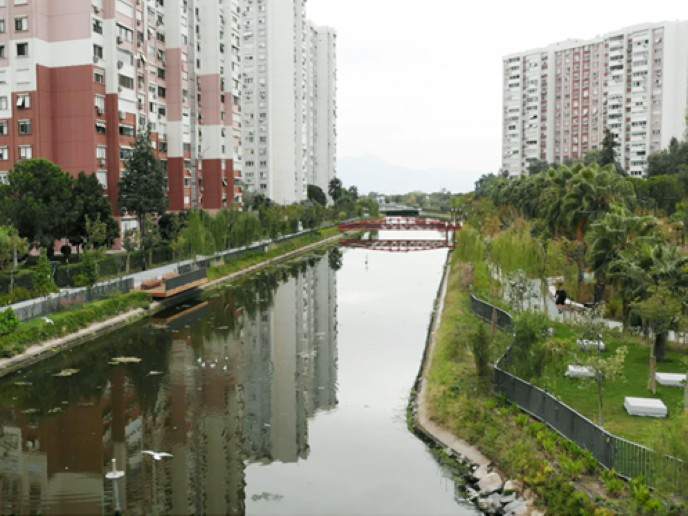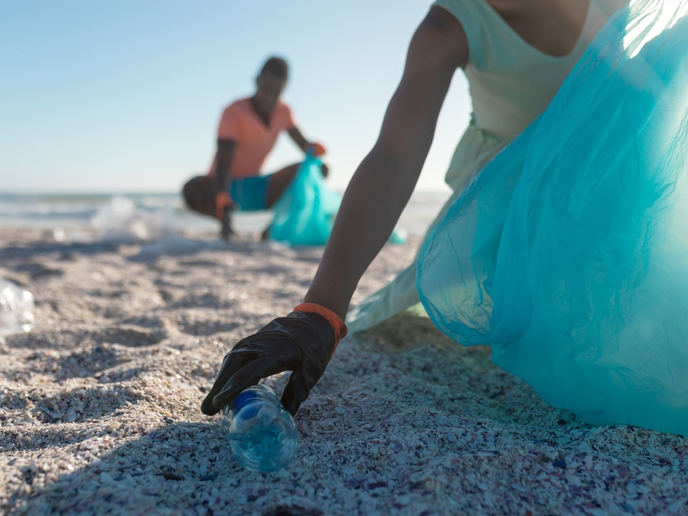Sharing water fairly for mutual benefit
Limited access to water in semi-arid developing regions has lead to pressure to use the water for ‘higher economic value’ activities rather than fostering ecosystem preservation and protection of the livelihoods of inhabitants. In semi-arid regions of Africa programmes for integrated water resource management (IWRM), sustainable livelihoods (SL) and biodiversity conservation (BC) have evolved independently, leading to increased poverty and decreasing biodiversity. The ‘Integrated trans-boundary river management policy development’ (Intrepid) project was undertaken to highlight the necessity of integrating BC to increase environmental security, participatory democracy to enhance social security, and higher income per capita to fuel economic growth. The project built on the European Water Framework Directive (WFD) and used the Mara river basin system in Kenya and Tanzania as a case study to develop a conceptual framework to focus research efforts and policy initiatives on sustainable practices and equitable partnerships regarding water resource management. To this end, the researchers developed a Web-based information system for policymakers, researchers, governmental and non-governmental organisations (NGOs) and community-based organisations (CBOs) to coordinate activities and strengthen collaborations among those responsible for environmental and livelihood issues in the examined water basin. They also organised a policy workshop to fill in gaps in the database by accessing unpublished knowledge and information, to provide a forum promoting good practice and to identify future research directions. Intrepid outcomes thus provided a framework for integrating three heretofore separate areas of focus to ensure future successful and equitable water resource management in semi-arid areas of Africa. Implementing project recommendations should lead to economic development, sustenance of livelihoods and preservation of biodiversity through sustainable practices.







